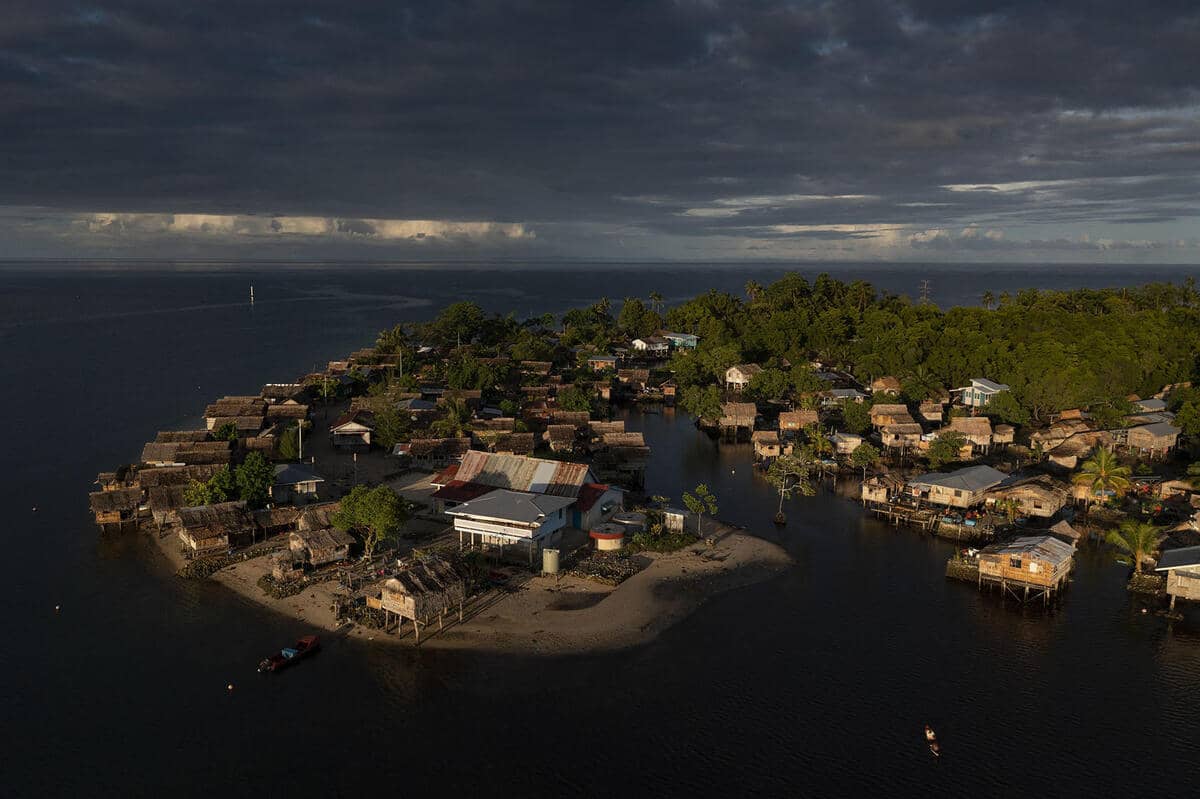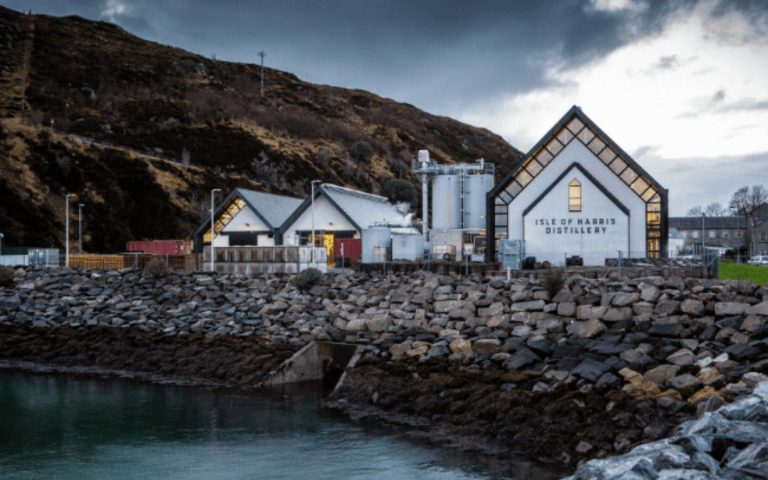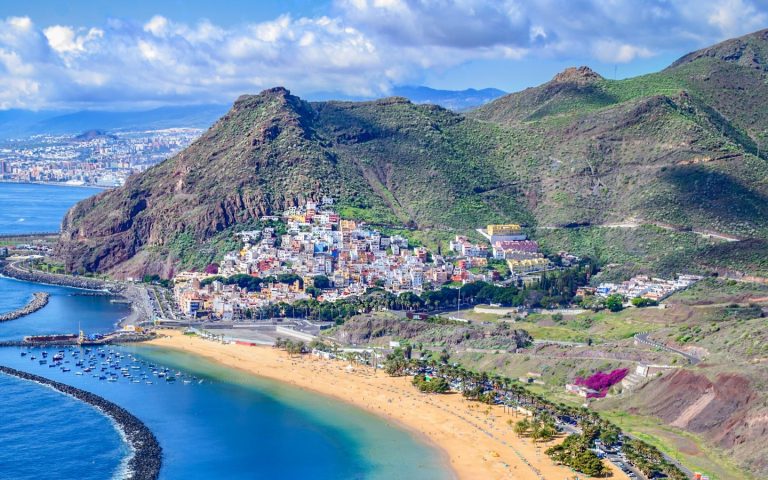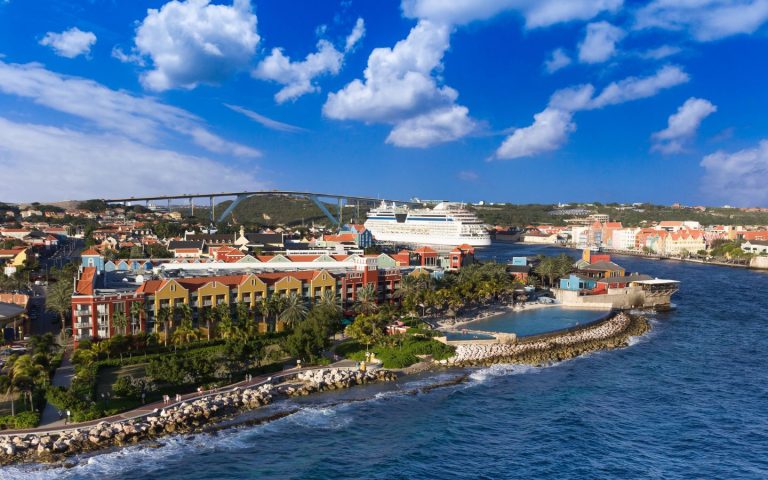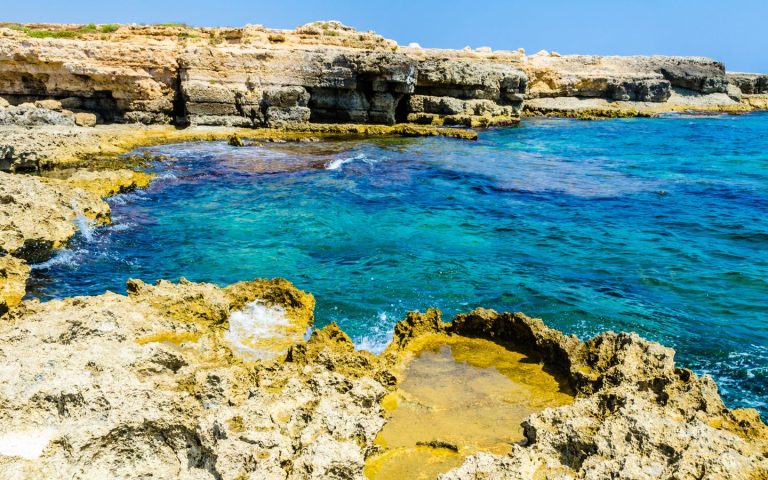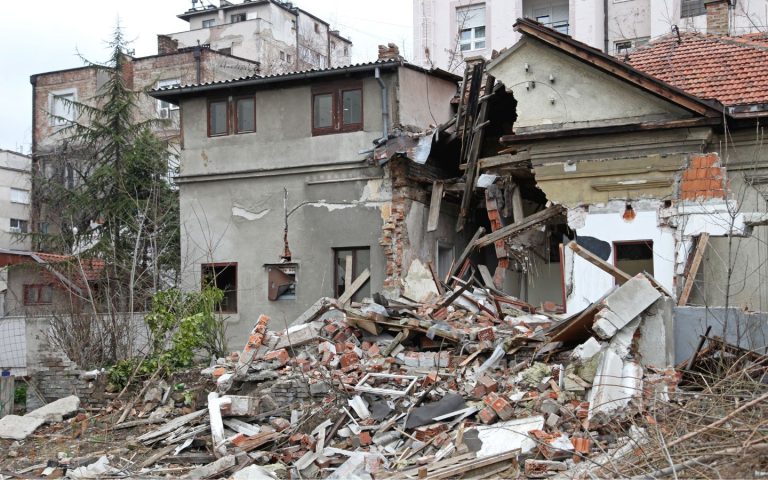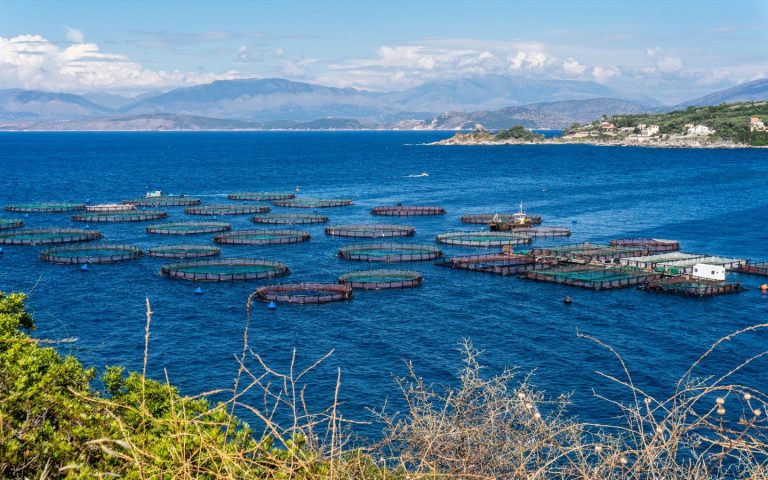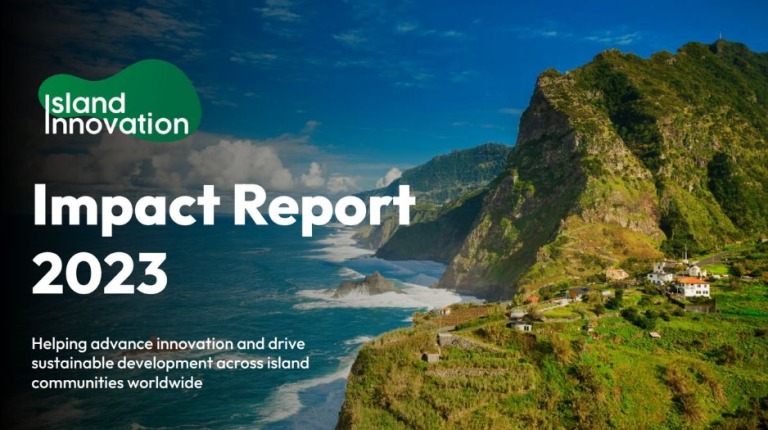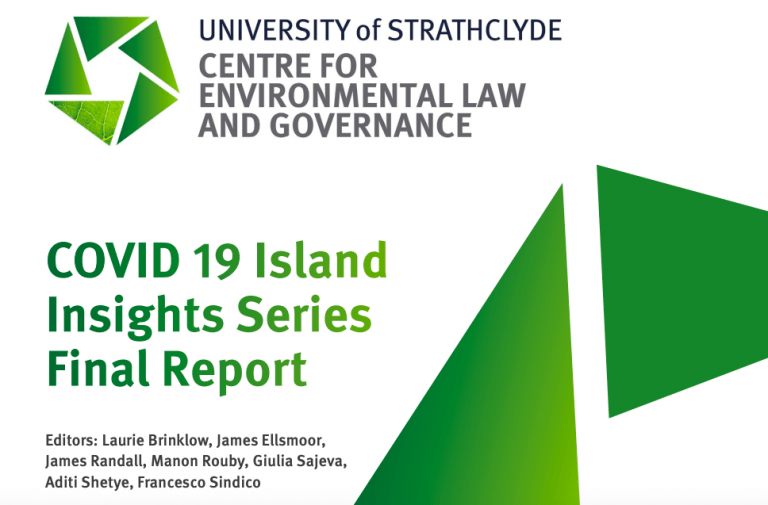Photo and Excerpt from www.usip.org
Regional cooperation enhanced to tackle what the low-lying nations see as a national security concern.
While the Pacific Islands are responsible for less than 1 percent of total global greenhouse gas emissions, they face disproportionate impacts from climate change. These impacts are wide ranging: rising sea levels, salinization and dwindling availability of fresh water, increasing and more intense tropical storms, floods, drought, ocean acidification and coral reef bleaching. Already, NASA finds that sea level rise in Tuvalu is 1.5 times faster than the global average — and is expected to more than double by 2100.
This means that by 2050, most of its land area will be below high tide. This trend is concerning for all Pacific Island countries, where 67 percent of all infrastructure sits within 500 meters of the coast. And, for Pacific Islanders, it’s about much more than loss of land — it’s about the spiritual and cultural connections that the land provides.
Given this, the climate crisis is among the highest security concerns across the Pacific Island nations. The Pacific Islands Forum, a regional body that is comprised of 18 diverse countries from Australia to Kiribati to Papua New Guinea, looked to tackle this issue head on during its annual leaders meeting earlier this month. While in many respects the meeting traveled well-worn ground, there were a number of groundbreaking announcements related to climate-induced migration and displacement in the region.

